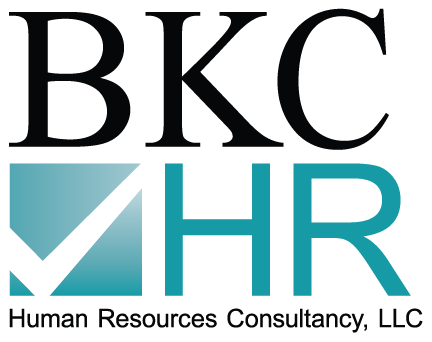 Unfortunately in this internet age, it has become easier for fraudsters to communicate fake IRS letters and other fake IRS communication to innocent taxpayers. Our office is receiving an increasing number of calls from clients, inquiring if the phone call they received from “the IRS” are legitimate. The latest scam that taxpayers are receiving is an e-mail containing a fraudulent version of Form CP2000. Form CP2000 is a common form issued by the IRS to taxpayers who may have underreported their taxable income. The notice appears to be legitimate, but if you or someone you know receives such a notice, other than a letter delivered by the U.S. Postal Service, you can tell instantly it’s not legitimate. That is because the IRS will never e-mail an individual or business taxpayer a legitimate tax notice for any reason.
Unfortunately in this internet age, it has become easier for fraudsters to communicate fake IRS letters and other fake IRS communication to innocent taxpayers. Our office is receiving an increasing number of calls from clients, inquiring if the phone call they received from “the IRS” are legitimate. The latest scam that taxpayers are receiving is an e-mail containing a fraudulent version of Form CP2000. Form CP2000 is a common form issued by the IRS to taxpayers who may have underreported their taxable income. The notice appears to be legitimate, but if you or someone you know receives such a notice, other than a letter delivered by the U.S. Postal Service, you can tell instantly it’s not legitimate. That is because the IRS will never e-mail an individual or business taxpayer a legitimate tax notice for any reason.
Another new scam is targeting students and their parents, during the back-to-school season, demanding payments for non-existent taxes; such as a fake “Federal Student Tax”. If the person does not comply, the scammer becomes aggressive and threatens to report the student to the police, and the student or parent will be arrested. However, a taxpayer should know that this phone call is not legitimate. The IRS will never make an unsolicited phone call to a taxpayer demanding any sort of instant payment, nor will they threaten that you will face dire consequences for non-compliance. If the IRS wants to initiate a legitimate action against the taxpayer, the only method of communication that they will use is mailing (not e-mailing) a series of non-threatening letters of explanation to the taxpayer. If you already have a case with the IRS and have been discussing the case over the telephone with an IRS agent, the IRS agent may call you, but you will know in advance that the phone call will be made, and they will not threaten you with instant payment requests or sensitive information requests.
If you receive either an unsolicited phone call or an e-mail from someone who claims to be from the IRS, you should either call the IRS at (800) 366-4484 or forward the spam e-mail to the IRS at phishing@irs.gov. You should also contact the fraud department at any of the major credit bureaus (Equifax, Experian, or Transunion) to make sure that your credit has not been compromised by the scammer.
Periodically, the IRS will publish the latest phishing and tax scam warnings on their home page at www.irs.gov. You should refer to the IRS website from time to time to make sure that you, your colleagues and your friends are not taken in by scammers.
Our firm is well positioned to help you determine if any communication from someone claiming to be from the IRS is legitimate or not. If the tax notice is legitimate, we can help you minimize the tax effect of any such notices. If you have any questions about IRS scams, please contact us.
Learn more about our Tax Compliance & Planning services.
Read more Tax Tidbits.




